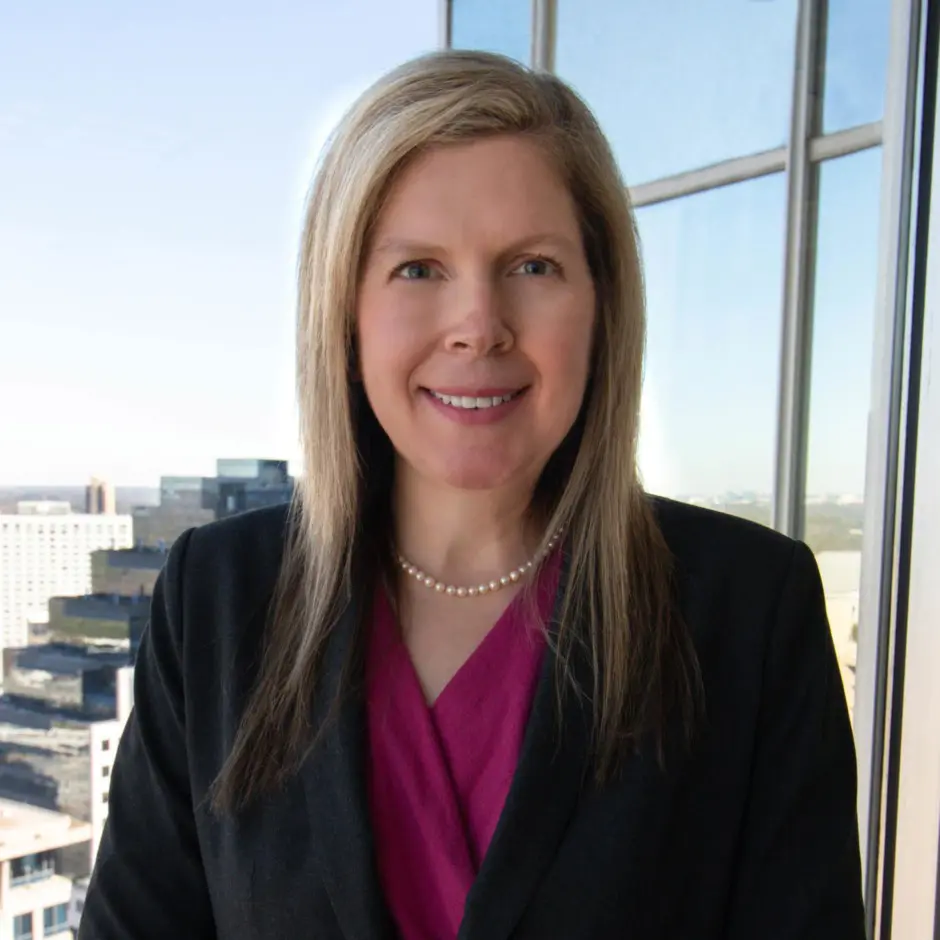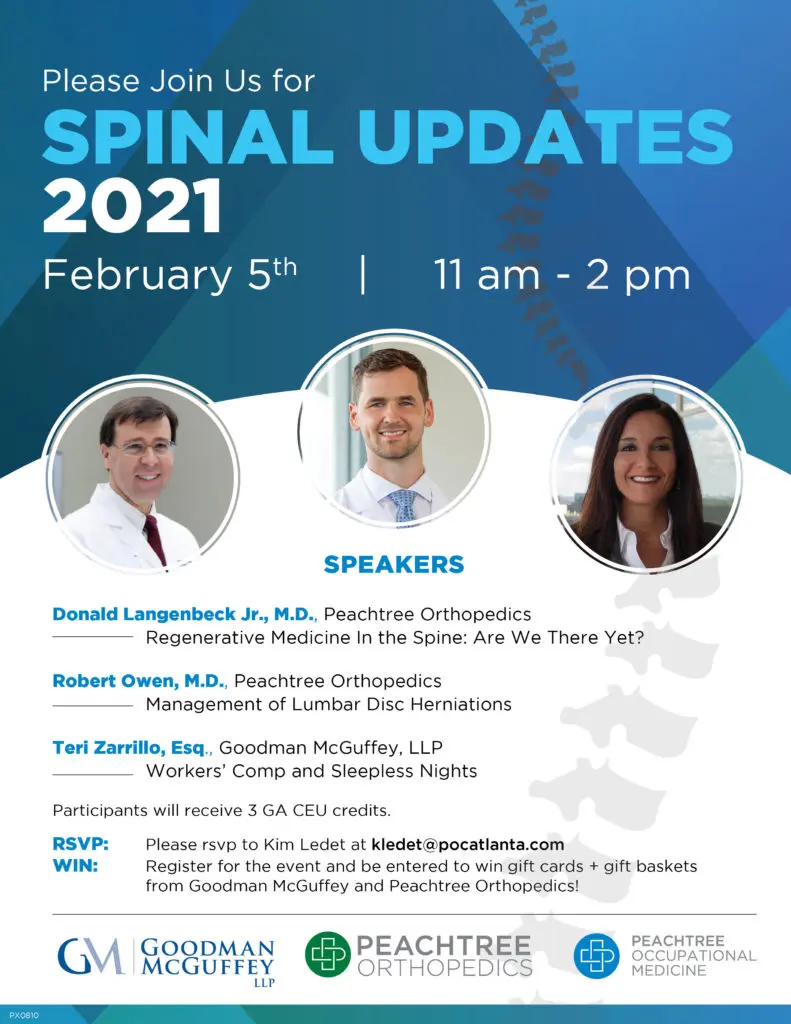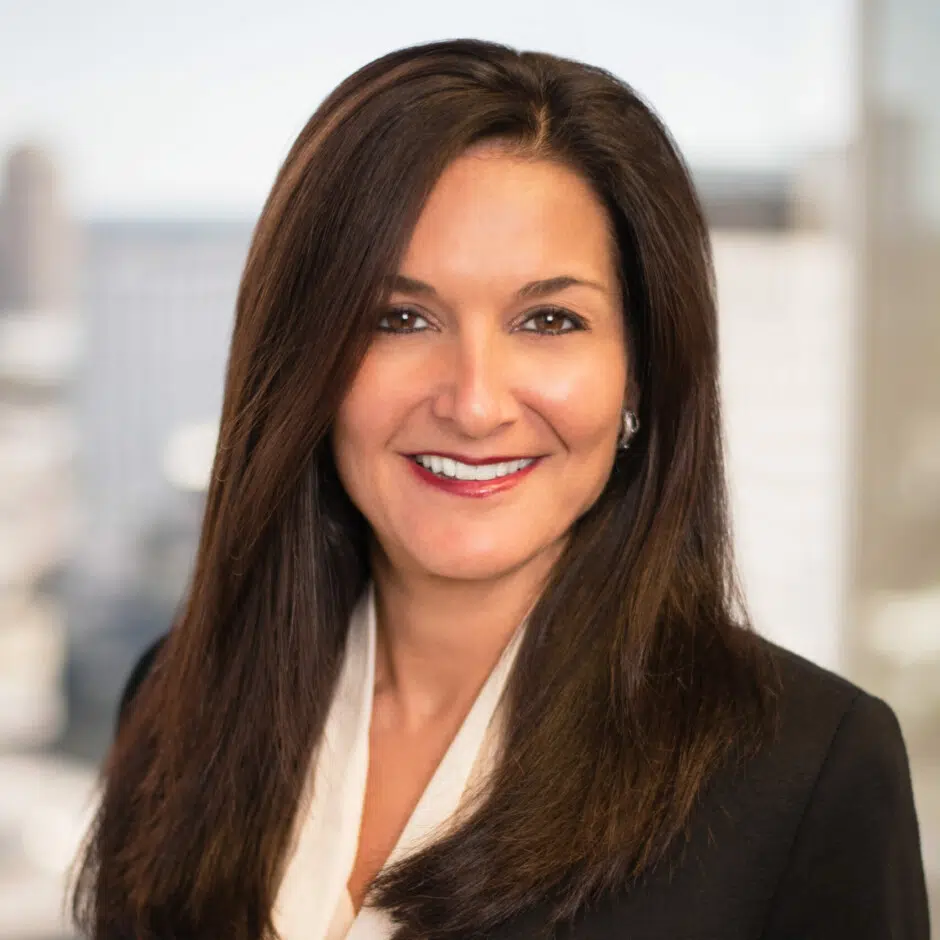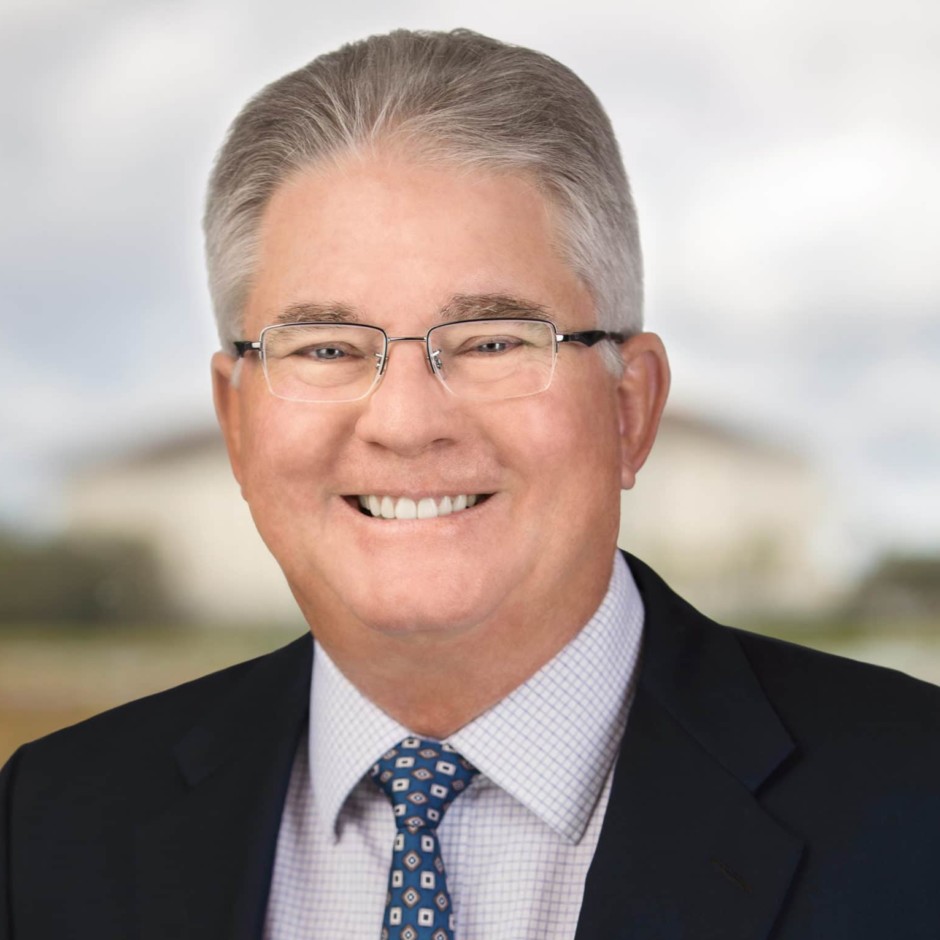There is no doubt that the pandemic caused by the novel coronavirus impacted everyone in 2020. The year saw a huge change in employment due to the shutdowns ordered in many states and the limitations on business activity resulting from the reactions to the COVID 19 illness caused by the virus. While it is still early, some information is now available on the impact on workers’ compensation claims.
The Chairman of the Georgia State Board of Workers’ Compensation has reported that overall claims were down 9% in Georgia in 2020. Initially, all hearings were briefly suspended to allow the State Board of Workers’ Compensation to transition to virtual hearings. Hearing requests were only down 10%, but the number of hearings actually held decreased by 40%. The majority of those were held virtually over Zoom. Mediations continued initially by telephone but very quickly transitioned to a virtual environment using Zoom.
The Workers’ Compensation Research Institute (WCRI) reports that the impact of the pandemic has varied widely among the states it studies. In the first quarter of 2020, compared to the first quarter of 2019, WCRI reported that lost time claims varied from a decrease of 23% in Minnesota to increases of 1% in Florida and 4% in Tennessee. For first quarter 2020, Georgia was reported as having a 2% decline in lost time claims. For all claims, WCRI reported a 3% decrease in Georgia for first quarter 2020 over first quarter 2019. For non-Covid claims, the changes ranged from a 20% decrease in Connecticut to a 2% increase in Arkansas in first quarter 2020. Georgia was reported as having the second lowest drop of the 27 states studied at a decrease of 4%. The first quarter of 2020 was only partially impacted by the pandemic because it began during the quarter. In addition, different states imposed lockdowns at different times, some beginning earlier than Georgia which began in mid-March.
By the second quarter of 2020, all states had imposed significant restrictions, although some states loosened restrictions toward the end of the second quarter. WCRI reported significant decreases in all claims for the second quarter of 2020, as compared to the second quarter of 2019, ranging from a decrease of 38% in Louisiana to a decrease of 15% in Massachusetts, with Georgia in the middle with a 29% decrease.
WCRI has not released any information on its study of workers’ compensation claims for the second half of 2020 saying it is still too early for evaluation. In its study, however, it also reported that for the first half of 2020, the distribution of the medical conditions for the claims filed in the states it studied was similar to the distribution found in prior studies. The study report, The Early Impact of COVID-19 on Workers’ Compensation Claim Composition, is available from WCRI, www.WCRI.org, if you want more information about the results.







